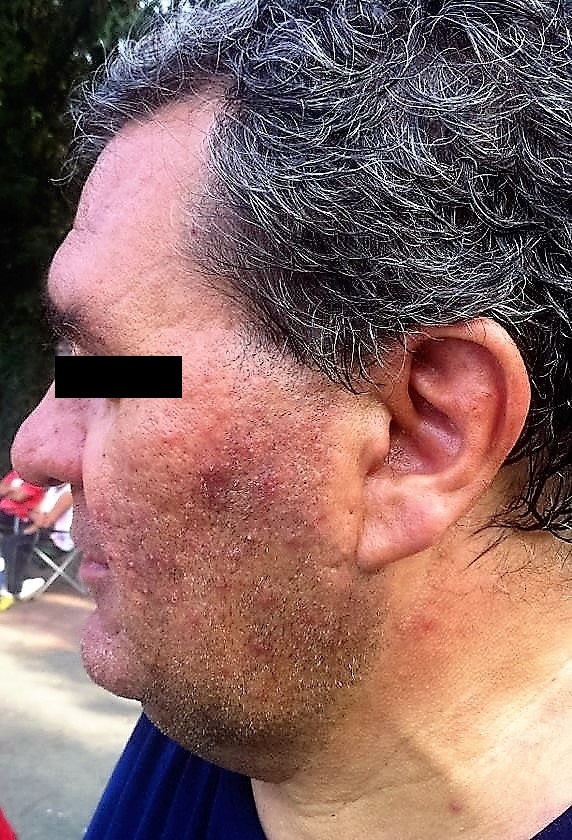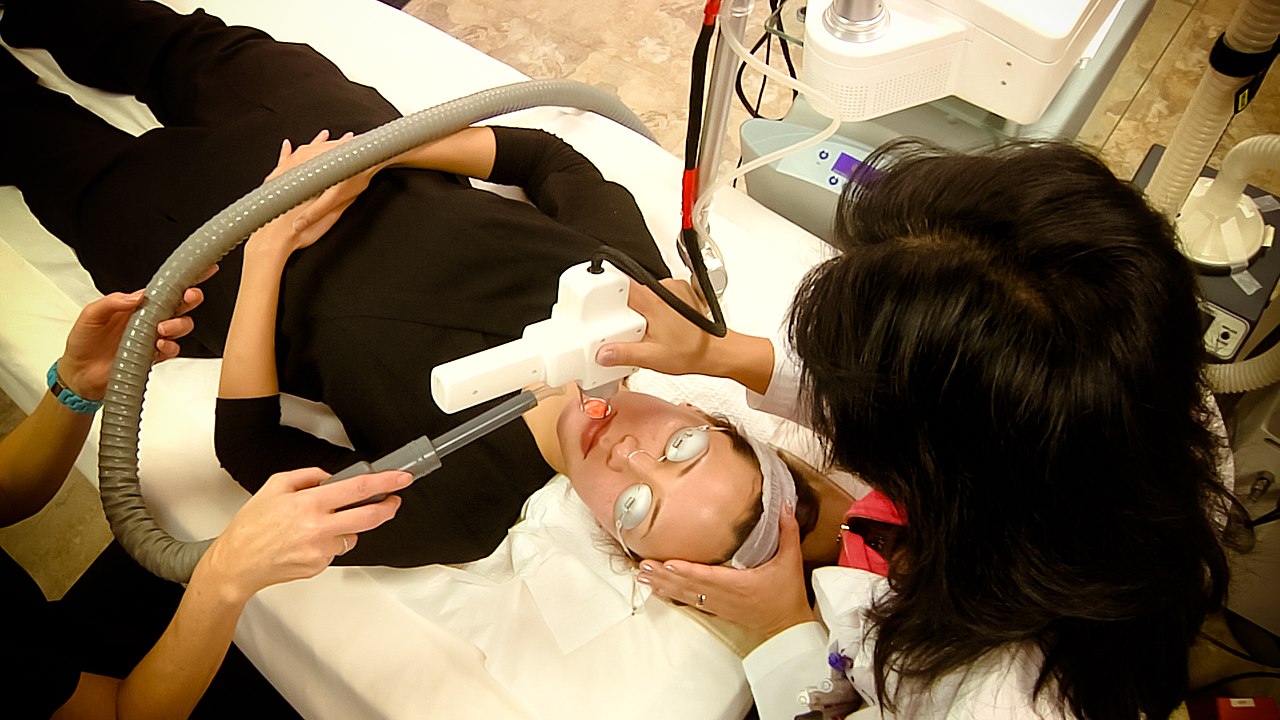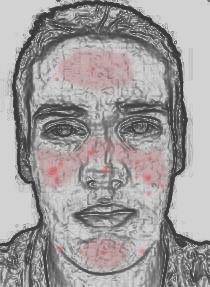Although rosacea is obviously not a life-threatening process, it can be very embarrassing to the individual who has it, It also can, and mostly likely does, affect their self-esteem and sense of well-being.
According to a great deal of recent scientific and clinical research, rosacea appears to be a chronic inflammatory process that involves the facial skin. Unlike acne, which is more of an infectious process, rosacea results from your own immune system overreacting to various stimulants or triggers.
Current theories are that an overreaction within the skin starts a cascade of neurologic and blood vessel changes that results in the flushing and redness so typical of rosacea on the face. When this process recurs over longer periods of time and the inflammatory response becomes chronic, small blood vessels within the facial skin migrate to the surface and give the skin the persistent appearance of redness.
The redness is the most disconcerting symptom for many people. However, it can be controlled.
The most important thing for rosacea patients to remember is that having rosacea is not your fault. Even though an individual person did not do anything wrong to develop rosacea, there are many things people who have it regularly do that can make it worse.
Common triggers include hot spicy foods, alcohol (especially red wine), and excessive sun exposure. Although currently there is no cure for rosacea and you will have the condition throughout your life, you can control it and learn to live with it.
 The best ways to treat rosacea have to be holistic. People need to find out what their triggers are to redness and flushing for their individual case.
The best ways to treat rosacea have to be holistic. People need to find out what their triggers are to redness and flushing for their individual case.
For example, we have had patients who do not flush with wine, but do flush with beer. Others do not flush with Mexican food, but do flush with curries.
Skin care is also very important. Treatments and topical products need to be gentle and avoiding of scrubs or any reaction that increases redness even in the short term.
Sunscreen should be an everyday component of skin care in rosacea patients. Protecting all your exposed skin to the sun, not just the skin that's chronically red, will prevent ultraviolet light as a trigger as well.
In severe cases, especially a variation of this condition known as acne rosacea, topical antibiotics such as metronidazole or oral antibiotics such as doxycycline can be helpful to decrease local inflammation. Unfortunately, medication or avoidance of triggers will not eliminate blood vessels that are already on the facial surface.
That's where laser treatments come in. Focused use of the appropriate wavelength of laser energy to the localized blood vessels on the face causes the vessels to collapse, and they immediately appear smaller and more narrow.
 Sometimes to the naked eye, the blood vessels even appear to be gone immediately. This laser-induced collapse sends a signal to your body that an injury has occurred and that the area needs to be repaired.
Sometimes to the naked eye, the blood vessels even appear to be gone immediately. This laser-induced collapse sends a signal to your body that an injury has occurred and that the area needs to be repaired.
Basically, scavenger-type cells are attracted to this area, and the blood vessels and the associated blood cells are removed and eliminated. This chain reaction significantly reduces the appearance of redness.
We always emphasize to clients who have rosacea that we are controlling the embarrassing symptoms of this condition, but we are not curing the disorder. Inevitably, even after several treatments about a month apart depending on the severity at presentation to our office, within year or so, small blood vessels will again start to appear on the face.
These are not the old vessels coming back, but rather newer blood vessels caused by the underlying inflammation. If these newer vessels are treated before the process becomes too advanced, frequently one to two treatments are all that is needed to get back to an excellent esthetic baseline.
In this time of self-quarantine and sheltering in place, we at Maine Laser Skin Care are committed to continue to educate our clients and patients on various aspects of their skin and skin care regimen. If you or a loved one or friend is afflicted by rosacea, there is hope.
Neither you nor they have to suffer the embarrassment of facial redness. There are very effective available treatments to control it.
When our offices open back up, we would love to see you all for a free and individualized consultation and a comprehensive plan to control rosacea and improve your lifestyle and self-esteem. Our office phones are being monitored at home by our excellent and devoted staff.
If you call either our Augusta office at (207) 873-2158 or our Scarborough office at (207) 303-0125, we will get back to you and get you first in the queue when we open back up again. Stay safe and at home, wash those hands, and we will get through this together.

